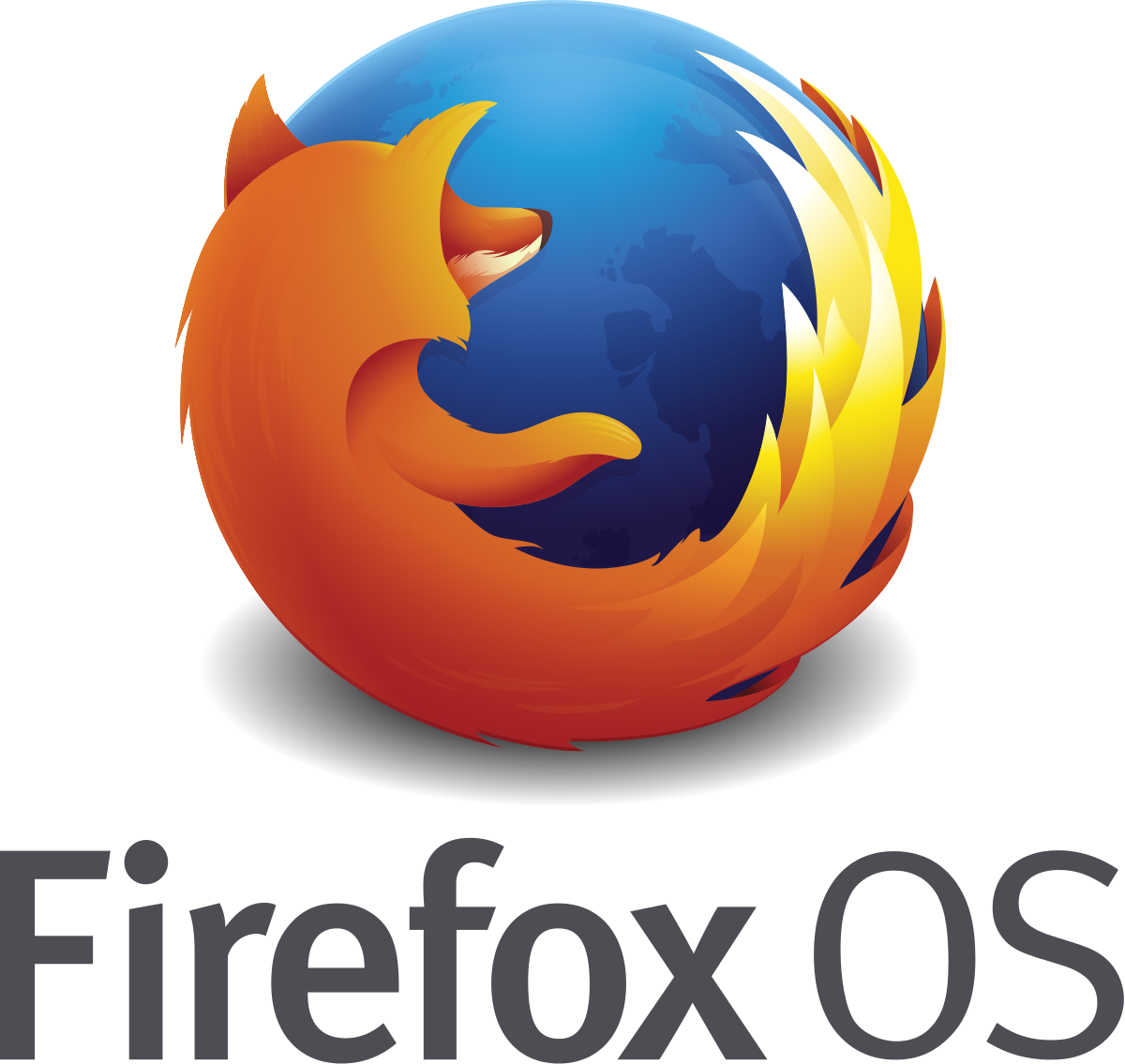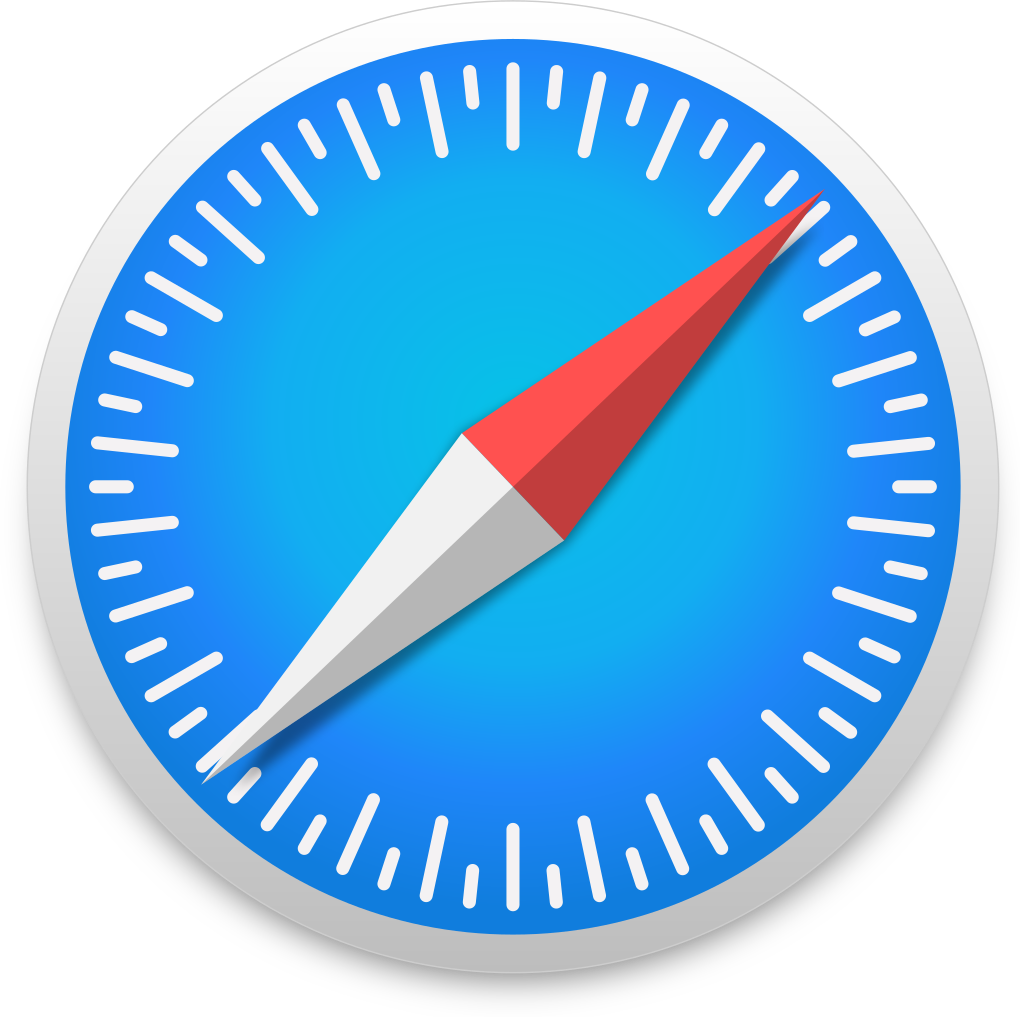Best Web Browser For 2025
In today’s digitally connected world, web browsers have become the gateways to our online experiences. From surfing the web to shopping, banking, and even working, the browser you choose can greatly impact your online journey. With a plethora of options available, deciding which web browser to use might feel like navigating a labyrinth of features, performance, and security considerations.
In this comprehensive guide, we’ll explore the top web browsers, comparing their features, strengths, and weaknesses to help you make an informed choice. What is the #1 best browser? Which web browser is the fastest and best to use? How to choose the best web browsers for you?
1. Introduction to Web Browsers
A web browser is the software application that allows you to access and interact with websites on the internet. Over the years, web browsers have evolved from simple tools for displaying text and images to feature-rich platforms with extensive capabilities, extensions, and cross-device synchronization.
2. The Contenders: A Breakdown of Popular Web Browsers

2.1 Google Chrome
Google Chrome, developed by the tech giant Google, has dominated the browser market for years. It’s known for its sleek interface, speed, and robust performance. With a vast library of extensions and a strong integration with Google services, Chrome offers a seamless browsing experience. However, concerns about its memory consumption and privacy practices have led some users to seek alternatives.

2.2 Mozilla Firefox
Is Firefox better than Chrome?
Mozilla Firefox, an open-source browser, has been a favorite among privacy-conscious users. Its emphasis on user data protection and customization through add-ons has earned it a loyal following. Firefox Quantum’s revamped engine significantly improved its speed and responsiveness, making it a strong competitor in the market.

2.3 Microsoft Edge
Microsoft Edge has undergone a transformation, shifting from its old Trident engine to the Chromium engine, also used by Chrome. This change brought improved compatibility and performance, making Edge a worthy contender. Its integration with Windows 10 and features like Collections set it apart, making it a viable option for Windows users.

2.4 Apple Safari
Safari, Apple’s browser, is known for its smooth performance and energy efficiency on macOS and iOS devices. Its tight integration with Apple’s ecosystem ensures seamless synchronization across devices. However, limited availability on non-Apple platforms and a relatively smaller extension library may impact its appeal for some users.
![]()
2.5 Opera
Opera offers a unique blend of features, including a built-in ad blocker, VPN, and crypto wallet. These integrated tools can be appealing to users seeking an all-in-one solution. Opera’s speed and user-friendly interface make it a strong choice for those who value convenience.

2.6 Brave
Brave is a privacy-focused browser that blocks ads and trackers by default. It also introduces its own Basic Attention Token (BAT) system to reward users for viewing ads. This innovative approach to advertising and its commitment to privacy have attracted a niche audience looking for a more ethical browsing experience.

3. Factors to Consider When Choosing a Web Browser
3.1 Performance and Speed
Browser performance plays a crucial role in how smoothly you navigate the web. Loading speed, tab management, and resource consumption are key considerations when evaluating performance.
3.2 Privacy and Security
The increasing concern about online privacy has pushed browsers to enhance their security features. Look for built-in trackers, phishing protection, and the ability to manage cookies and site permissions.
3.3 User Interface and Customization
The browser’s interface and level of customization can greatly influence user experience. Some browsers, like Firefox, excel in allowing users to tailor their browser to their preferences.
3.4 Compatibility and Cross-Platform Support
If you use multiple devices, a browser that offers seamless synchronization across platforms can save you time and effort.
3.5 Extension and Add-On Ecosystem
Extensions and add-ons enhance the browser’s functionality, from ad blockers to productivity tools. Check the availability and quality of extensions before making a decision.
3.6 Developer Tools
For web developers, the built-in developer tools can be a significant factor. Chrome’s developer tools, for instance, are highly regarded for their comprehensive features.
4. The Verdict: Choosing Your Web Browser
The ideal web browser depends on your priorities and needs. For speed and performance, Chrome and Firefox are solid choices. If privacy is paramount, Firefox, Brave, and even Safari might suit you. Windows users might find Edge appealing due to its integration with the operating system. If you’re in the Apple ecosystem, Safari is a natural fit.
5. Conclusion
In the vast landscape of web browsers, each option has its strengths and weaknesses. Consider your preferences, priorities, and the type of online experience you seek when making your choice. Regardless of which browser you choose, remember that regular updates and security practices are essential to ensure a safe and smooth online journey. Stay informed about new features and developments in the browser landscape to make the most out of your web browsing experience.
Exploring the Diverse World of Web Browser Preferences
Web browsers are the vehicles that transport us through the vast expanse of the internet, helping us access information, communicate, and engage with the digital realm. While it might seem like a simple choice – after all, they all do the same basic job – the reality is that not all people like the same web browser. The landscape of browsers is as diverse as the internet itself, and individual preferences are shaped by a complex interplay of factors, including performance, features, design, and even emotional attachment.
**1. The Tyranny of Choice: A Plethora of Options
The proliferation of web browsers is both a blessing and a curse. On one hand, it gives users the freedom to tailor their browsing experience to their liking. On the other hand, the sheer number of options can be overwhelming. With browsers like Google Chrome, Mozilla Firefox, Microsoft Edge, Apple Safari, Opera, Brave, and many more, the choices are endless. Each browser comes with its own set of features, functionalities, and design aesthetics, leading to a diverse array of user experiences.
**2. Performance and Speed
Performance is a critical factor in determining browser preference. Some users prioritize speed above all else – they want pages to load quickly and respond instantly to their commands. Google Chrome, known for its snappy performance, appeals to these users. On the other hand, Firefox users appreciate the browser’s focus on resource management and efficiency, making it a favorite among those who value both speed and responsible resource consumption.
**3. Privacy and Security Concerns
In an era of heightened privacy concerns and data breaches, the level of security a browser provides can be a dealbreaker for many users. Firefox’s commitment to user privacy, with features like Enhanced Tracking Protection, resonates with users who want to minimize their digital footprint. Similarly, Brave’s emphasis on blocking ads and trackers by default aligns with the preferences of privacy-conscious individuals.
**4. User Interface and Customization
The browser’s user interface plays a significant role in user experience. Some users prefer minimalist designs, while others enjoy a more feature-rich interface. Firefox’s customization options and the ability to personalize the browser’s appearance and behavior cater to users who seek a tailored experience. On the other hand, Chrome’s clean and straightforward design resonates with those who prefer simplicity.
**5. Integration with Ecosystem
For many users, seamless integration with their operating system or other devices is a crucial factor. Apple users might find Safari appealing due to its integration with the macOS and iOS ecosystems, allowing for seamless synchronization across devices. Microsoft Edge’s integration with Windows 10 and Windows 11 provides a similar advantage for Windows users.
**6. Extension and Add-On Ecosystem
Extensions and add-ons enhance the functionality of web browsers, transforming them into versatile tools. Chrome’s extensive library of extensions caters to users seeking a wide range of functionalities, from ad blockers to productivity tools. Firefox’s strong add-on ecosystem, built on its open-source foundation, allows users to tailor their browsing experience to their needs.
**7. Emotional Attachment and Loyalty
Beyond objective factors, emotional attachment and loyalty also play a role in browser preference. Users who have used a specific browser for a long time might feel a sense of familiarity and comfort, making them resistant to switching. This emotional connection can be influenced by early experiences with the internet, recommendations from friends and family, or even brand loyalty.
**8. Catering to Niche Needs
Certain browsers cater to specific niche needs. Opera, for instance, integrates a free VPN and crypto wallet, appealing to users seeking an all-in-one solution. Brave’s innovative approach to advertising and its BAT rewards system target users looking for a more ethical browsing experience.
**9. Platform and Device Compatibility
Different browsers excel on different platforms and devices. While Safari performs exceptionally well on Apple devices, Chrome’s ubiquity makes it a natural choice for cross-platform users. Microsoft Edge’s switch to the Chromium engine increased its compatibility and made it more appealing to a broader audience.
**10. Conclusion: Celebrating Diversity in Browsing Preferences
The beauty of the web browser landscape lies in its diversity. Each browser caters to a unique set of preferences, needs, and priorities. Whether it’s speed, privacy, customization, or loyalty, users have a plethora of choices that allow them to tailor their online experiences. While there might not be a universally “best” browser, this diversity ensures that individuals can find a browser that aligns with their values and enhances their online journey. As technology continues to evolve, so too will the array of browsers available, promising an ever-evolving landscape of choices for users to explore and enjoy.
The Great Browser Confusion Chronicles: A Tale of Digital Dilemmas
Once upon a time, in a land not-so-far-away, lived a person named Alex. Now, Alex was an ordinary individual with an extraordinary problem: they couldn’t for the life of them decide which web browser was the best fit for their online adventures. This is the hilarious tale of Alex’s browser befuddlement, a journey through the whimsical world of digital dilemmas and pixelated perplexities.
Act 1: The Baffling Beginnings
Picture this: Alex, perched on their computer chair, staring at the screen with a bewildered expression that could rival a confused penguin encountering a banana for the first time. With Google Chrome open on one tab, Mozilla Firefox on another, and a bunch of other browsers lurking in the background, Alex was lost in a sea of colorful icons, each one beckoning like a siren with promises of unparalleled browsing bliss.
“Why can’t they just make one browser that does it all? Is that too much to ask?” Alex lamented, causing their pet cat to raise an eyebrow in amusement.
Act 2: The Speedy Conundrum
First up, the question of speed. Alex’s inner monologue resembled a hamster wheel spinning out of control. “Chrome is fast, right? But I heard Firefox Quantum is like… quantum fast. Oh, and Edge switched to Chromium, so maybe that’s the new speed demon. But Brave blocks ads and trackers by default, so does that make it speedier? Help!”
Act 3: The Privacy Paradox
Alex’s quest for privacy was like a game of hide-and-seek with a herd of invisible elephants. “Firefox respects my privacy, they say. But wait, Brave has shields! Safari is Apple’s baby, and Apple loves privacy, right? Then again, is Chrome peeking at my cat photos? Do browsers have cat photo detection algorithms?”
Act 4: The UI Uproar
As if privacy and speed weren’t enough, Alex now faced the challenge of choosing a user interface. “Chrome is sleek and minimalistic, perfect for my modern soul. But Firefox lets me customize everything, from buttons to background colors! Edge is all chic now with its new look, and Opera… well, Opera has that neon light thing, which is pretty cool.”
Act 5: The Cross-Platform Comedy
Cross-platform compatibility was another mountain in Alex’s journey. “Okay, so Safari is amazing on my iPhone, but what about my Windows laptop? Edge syncs with my PC, but my phone is feeling left out. Chrome is everywhere, but does that mean Google knows when I accidentally typed ‘how to become a unicorn’ in the search bar?”
Act 6: The Extensions Extravaganza
Extensions and add-ons were a whole new level of madness. Alex’s browser toolbar looked like a buffet table overloaded with options. “Chrome’s Web Store is a treasure trove of treasures. But wait, Firefox add-ons can give me superpowers! And Opera has its own ad blocker, VPN, and… is that a karaoke machine extension?”
Act 7: The Loyalty Lunacy
Just when Alex thought they had a handle on things, nostalgia came knocking. “I’ve been using Chrome since the age of dinosaurs. Do I abandon it like a failed science experiment? But Firefox was my first browser love! Does that make me a browser polygamist?”
Act 8: The Grand Decision… Or Not
After days, maybe even weeks, of contemplation, Alex found themselves no closer to choosing a browser. They stared at their screen, eyes glazed over, as if the browser icons were performing an interpretive dance of confusion before their very eyes.
In a moment of clarity, Alex took a deep breath and declared to their cat, “You know what? I’m going to embrace this browser mayhem. I’ll use different ones for different tasks, become a browser polyglot! Yes, that’s it!”
And so, dear reader, our bewildered protagonist decided to navigate the web’s wild waters armed with a bouquet of browsers, each one catering to a different facet of their digital life. With Chrome for speed, Firefox for customization, Edge for Windows unity, and a touch of Safari for that Apple essence, Alex embarked on a browser adventure like no other.
And as for their cat, well, they continued lounging in the sun, content with the fact that while the browser saga was puzzling, the cuddle demands remained blissfully straightforward. 🐱🌐🤷♂️

That Tech Jeff can help you with your computer no matter where you live!
Get online computer help or computer tutoring no matter where you live. Just read the more than 1200 five-star reviews. (thumbtack and google combined)
That Tech Jeff has 26 years experience and has offered computer help online since 2007. Before you head to Geek Squad get That Tech Jeff’s advice. Its free.
Affordable and honest FLAT RATE online help – no hourly charge.
You pay just one price if your problems are fixed and nothing if not.
Patient online computer tutoring also available by appointment.




Leave A Comment
You must be logged in to post a comment.